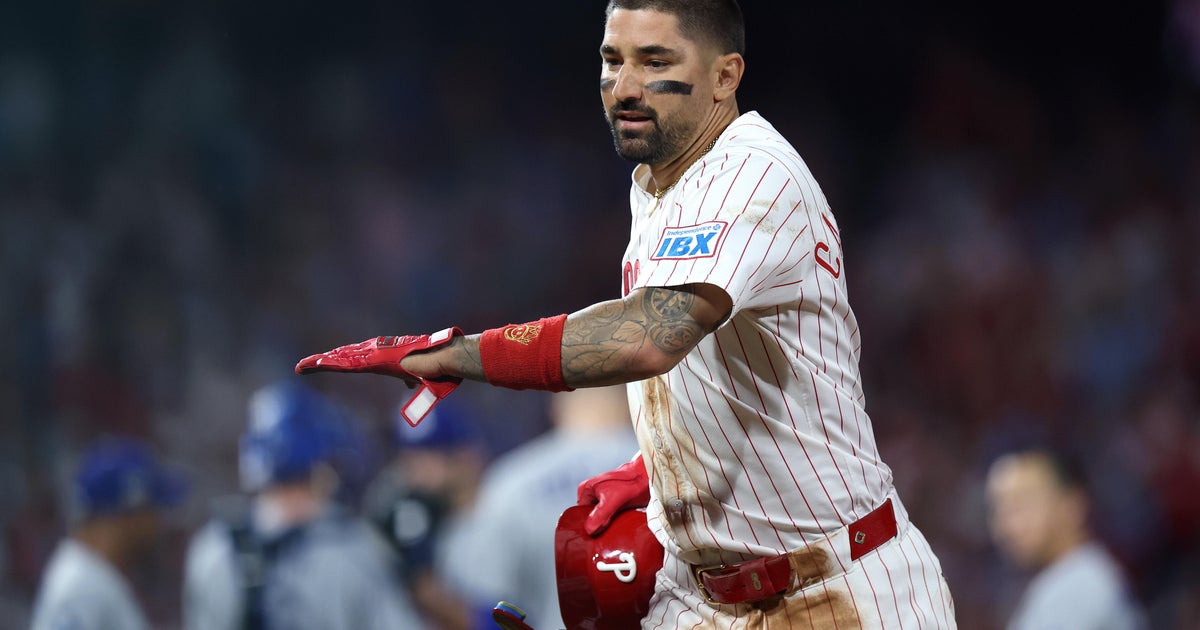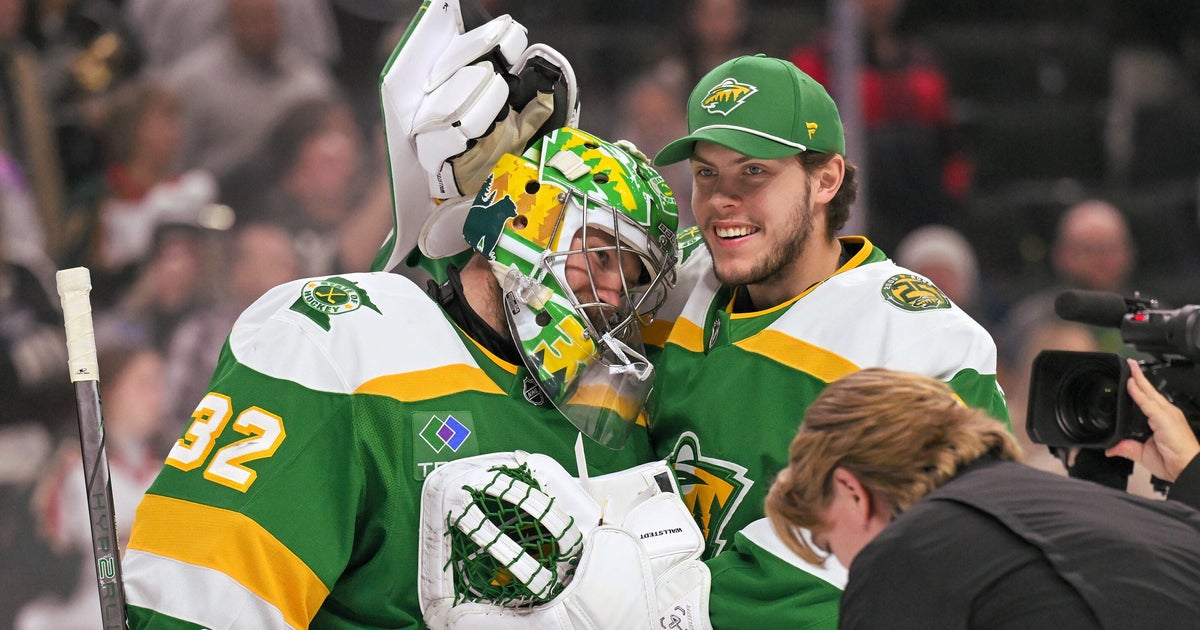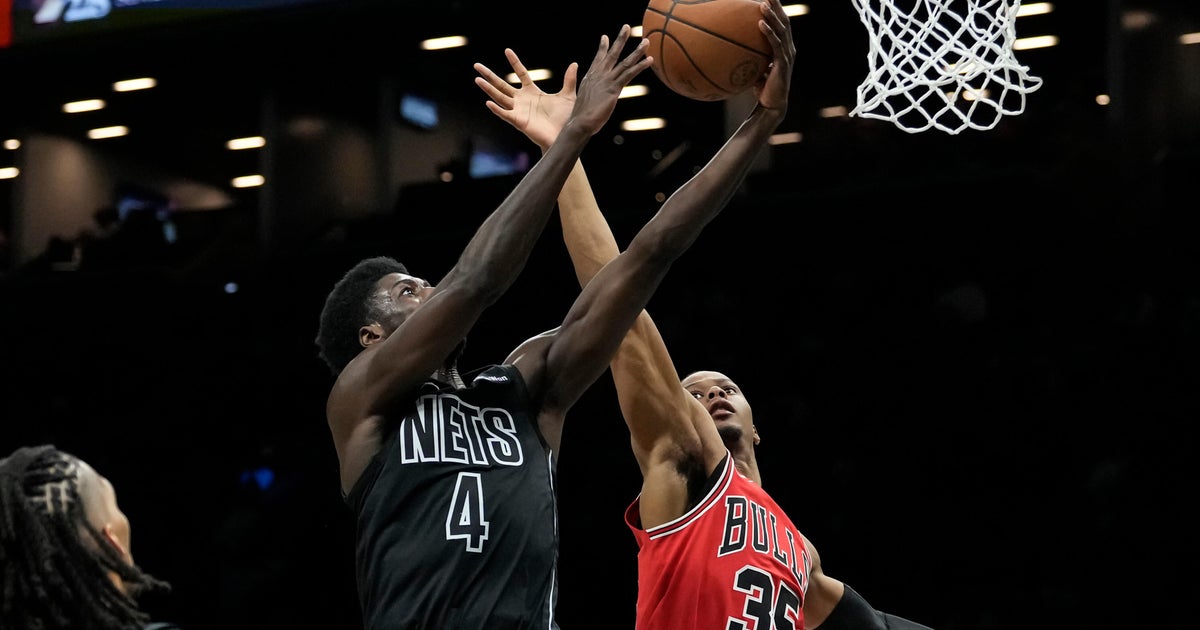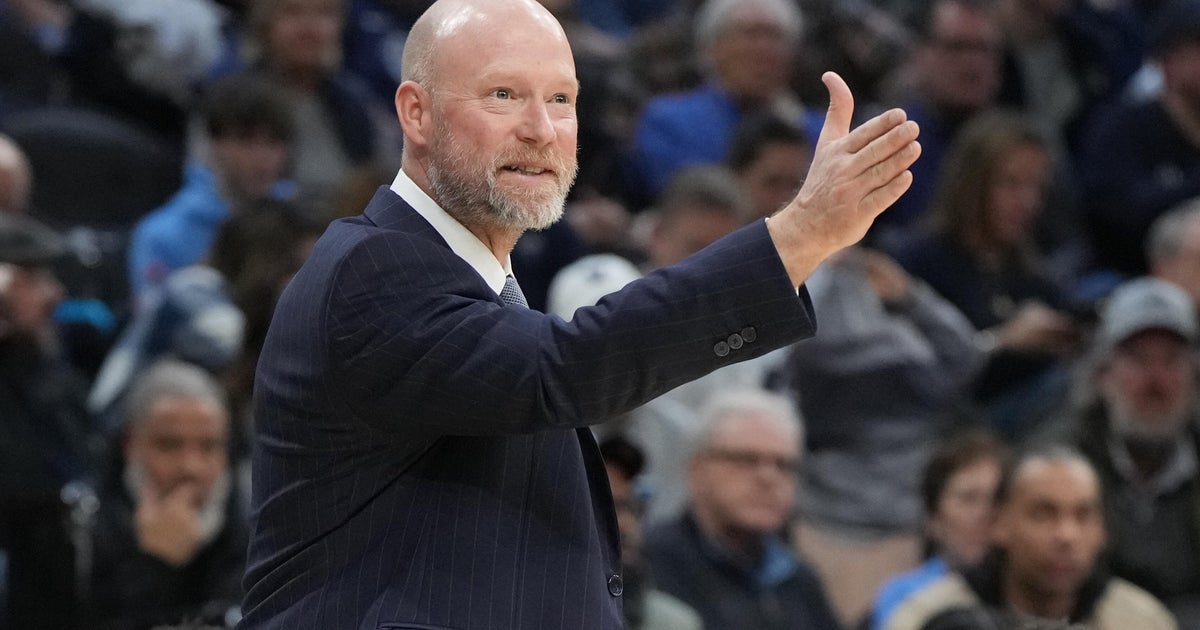Shepkowski: Penalty Kill Key In Blackhawk' Struggles
By Nick Shepkowski--
The Blackhawks sit in 11th place in the Western Conference and are in the middle of a stretch that's seen them pickup only 11 of their last 20 possible points. A 3-1 loss last night in Calgary did no favors for the 'Hawks whose 29 remaining games each became that much more important.
Why have the Blackhawks been such a far cry from the team that took home their first Stanley Cup in 49 years last year?
A certain defenseman blames the lackluster power play for last night's loss which is true, but has been the exception to the rule for the Blackhawks this season. When it comes down to it you can't survive in the NHL without killing penalties, something that's harmed the Blackhawks all season.
A year ago the Blackhawks blessed their fans by killing 85.3% of penalties which was good for fourth best in the league, but 2010-11 has been an entirely different story.
This year the 'Hawks penalty kill has been successful only 78.2% of the time, ranking them in the bottom five in the league. Who are the other four teams joining them in the bottom five?
Colorado, Toronto, Atlanta, and Edmonton: all teams that would also be staying home if the playoffs began today.
How big of an indicator of total team success is the penalty kill? Consider this:
Since 2006, only 5 of the 80 (6.2%) teams to make the playoffs in that span ranked in the bottom five in penalty kill in that span.
Those that who were able to sneak into the playoffs (Nashville – '10, Boston – '08, Atlanta, Tampa Bay – '07, and Philadelphia – '06) were all eliminated in the first round, never even sniffing a real Stanley Cup run.
What should be surprising to no hockey fan is that 9 of the top 10 current penalty killing teams would be in if the playoffs were to begin today with Florida being the only exception.
Sure the power play looked pathetic last night in Calgary, but unless the penalty kill improves the Blackhawks will become just the fifth team in the expansion era to fail to make the playoffs a year after winning the Stanley Cup.







